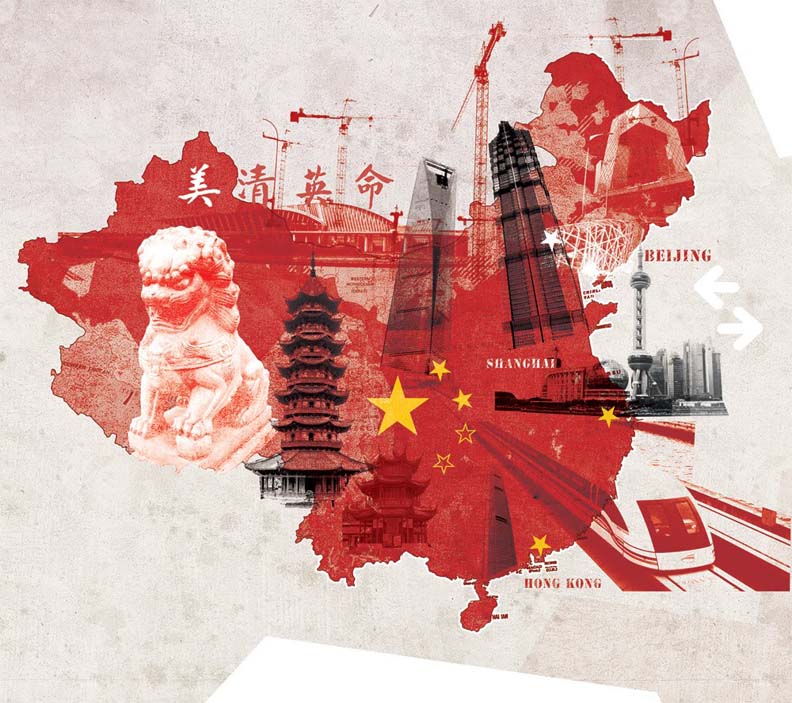China has kicked off the year with positive economic growth as its gross domestic product (GDP) expanded by 5.3% in the first quarter.
However, beneath this headline figure lies a story of both resilience and vulnerability as mixed data signals suggest that the road ahead may not be smooth sailing for the world’s second-largest economy.
The latest figures released by the National Bureau of Statistics indicate that China’s economy experienced a slight acceleration from the previous quarter, surpassing analyst estimates.
Much of the growth momentum was concentrated in the early months of the year with March painting a more subdued outlook.
In March, growth in retail sales slumped and industrial output decelerated below forecasts, pointing towards potential challenges on the horizon.
Xiaojia Zhi, Chief China Economist at Credit Agricole, said “Markets may find it hard to be convinced by the strong GDP growth print and difficult to reconcile with the mixed March data.”
Concerns linger that policymakers may become complacent if GDP growth remains above 5%, potentially stalling further policy easing measures.
China’s economic landscape is a tale of two narratives. On one hand, manufacturing remains resilient, buoyed by robust overseas demand and Beijing’s emphasis on fostering advanced technologies domestically.
However, a prolonged real estate crisis coupled with factory prices in deflation for over a year underscore the fragility of domestic demand and excess capacity in certain industries.
The response from economists has been varied but generally optimistic. DBS Group Holdings Ltd raised its forecast for China’s annual growth from 4.5% to 5% following the release of the data, aligning it with the government’s annual target.
Nathan Chow, Senior Economist at the bank, cited stronger-than-expected US demand and improvements in the labor market as reasons for the upgrade.
Despite the encouraging GDP figures, challenges persist. Philipp Hildebrand, Vice Chairman at BlackRock Inc., highlighted the lack of domestic demand and deflationary pressures as significant hurdles.
Moreover, tensions with major trading partners, particularly the US and Germany, have escalated, with concerns over an influx of cheap exports.
Looking ahead, policymakers face the daunting task of stabilizing the property market and stimulating consumer spending.
Efforts such as a proposed trade-in program aim to boost domestic demand by incentivizing businesses and households to invest in new machinery and appliances.
However, monetary policy support may be constrained by the robust performance of the US economy. With the likelihood of a US Federal Reserve rate cut diminishing, China’s central bank may have limited room for further easing.
Nonetheless, the recent loosening of the grip on the Chinese yuan suggests a degree of flexibility in response to evolving economic conditions.
China’s economic growth in the first quarter may have surpassed expectations, but the challenges ahead require proactive measures to navigate.
As the nation strives to maintain momentum amidst a complex global landscape, policymakers and market participants alike remain vigilant, aware that the path to sustained growth may require careful navigation through turbulent waters.

 Forex2 weeks ago
Forex2 weeks ago
 Naira4 weeks ago
Naira4 weeks ago


 Naira1 week ago
Naira1 week ago
 Company News4 weeks ago
Company News4 weeks ago




 Naira1 week ago
Naira1 week ago




 Naira3 weeks ago
Naira3 weeks ago
 Billionaire Watch7 days ago
Billionaire Watch7 days ago




 Naira6 days ago
Naira6 days ago
















